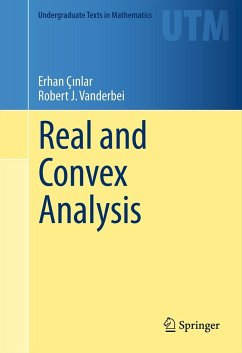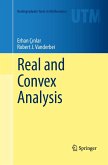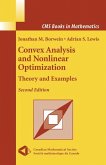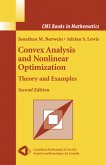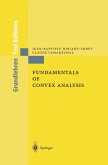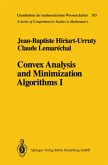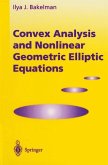This book offers a first course in analysis for scientists and engineers. It can be used at the advanced undergraduate level or as partof the curriculum in a graduate program. The book is built around metric spaces. In the first three chapters, the authors lay the foundational material and cover the all-important "four-C's": convergence, completeness, compactness, and continuity. In subsequent chapters, the basic tools of analysis are used to give briefintroductions to differential and integral equations, convex analysis, and measure theory. The treatment is modern and aesthetically pleasing. It lays the groundwork for the needs of classical fields as well as the important newfields of optimization and probability theory.
From the reviews:
"The purpose of this slim volume is to serve as a (very quick) introduction to analysis for advanced undergraduate or graduate students in science and engineering. Einlar and Vanderbei (both, Princeton) base this introduction to analysis on metric spaces. ... Summing Up: Recommended. Upper-division undergraduates and graduate students." (D. Robbins, Choice, Vol. 50 (11), July, 2013)
"The purpose of this slim volume is to serve as a (very quick) introduction to analysis for advanced undergraduate or graduate students in science and engineering. Einlar and Vanderbei (both, Princeton) base this introduction to analysis on metric spaces. ... Summing Up: Recommended. Upper-division undergraduates and graduate students." (D. Robbins, Choice, Vol. 50 (11), July, 2013)

